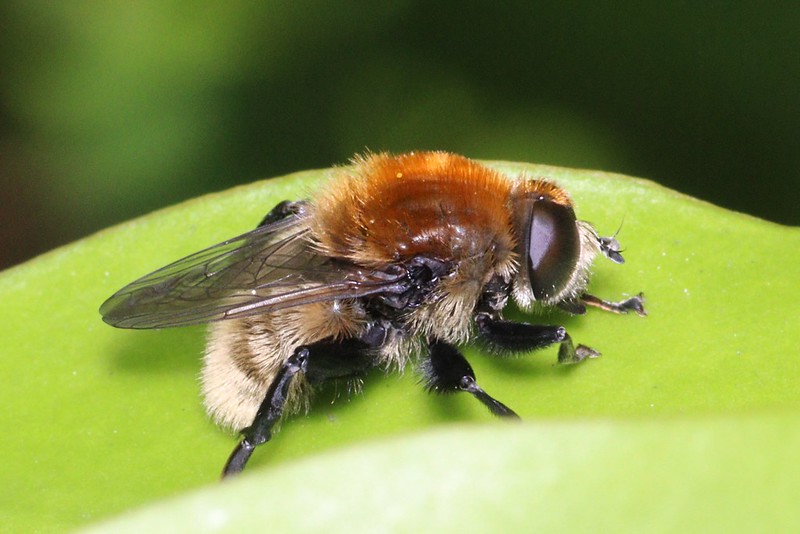- Messages
- 1,202
- Reaction score
- 1,109
- Points
- 113
Or by going on BBKA website (British beekeepers association) where one can find out how to get in touch with somebody who does collect swarms...
Not many places have 'local police' anymore as the areas are merged together...so details do get lost or are being ignored.
You are welcome and I enjoyed remembering it all too. Oh, I could write a story book about beekeeping.....absolutely all sorts can happen when people and bees 'mix'@Finsky, that's quite a story! Thanks for sharing.
Oh, can't help it...some stories are starting to spill out..let's just say....one of the places where I was contracted to keep bees was on that particular shopping centre roof, but when your only access to the area is using lifts and walking through their offices...doing annual honey harvest when carrying sections of hives that are dripping with honey and accompanied with some not so friendly bees too (they don't take robbing honey very kindly)....things do get rather 'interesting'......

